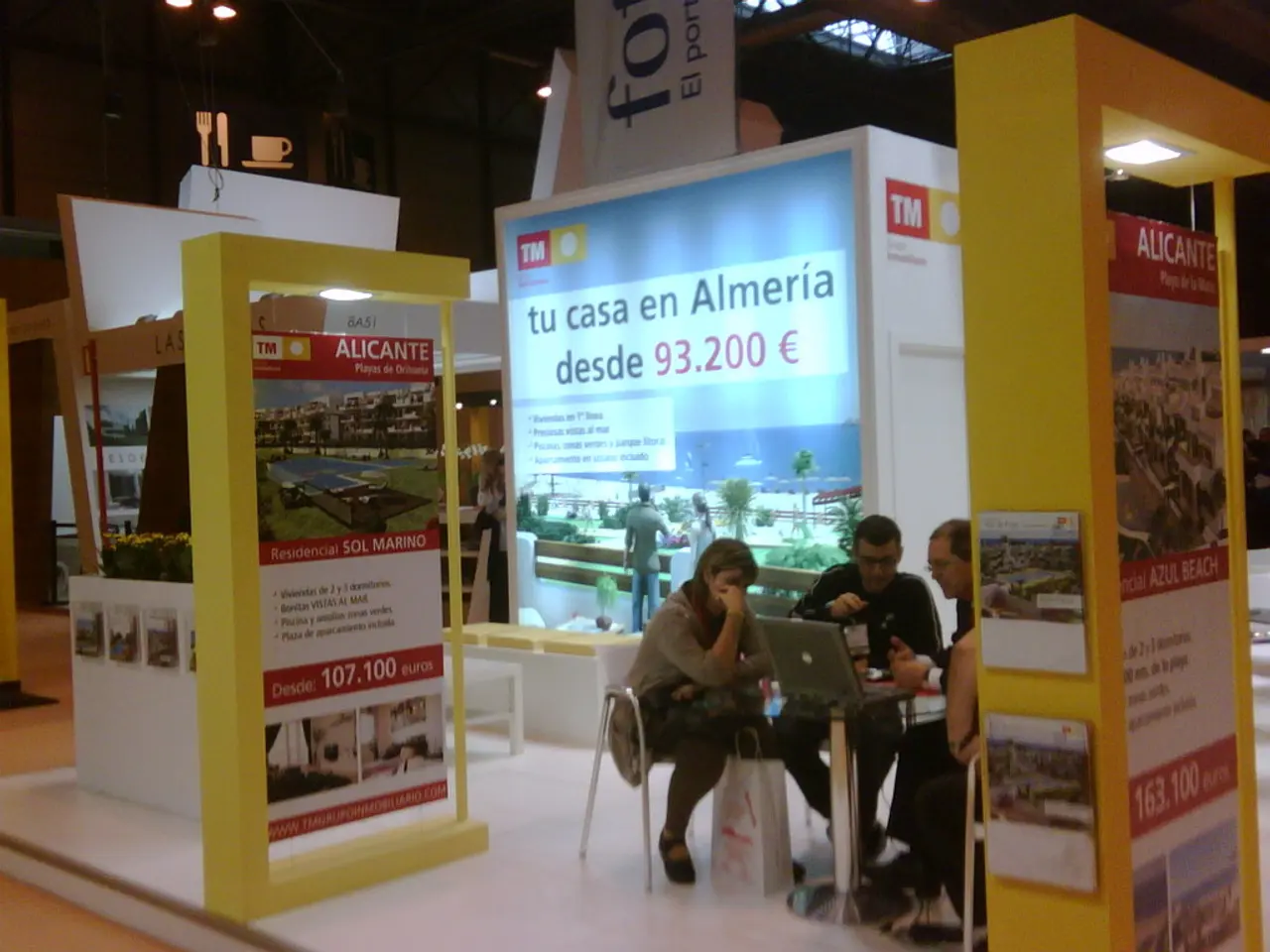Decline in Hotel and Restaurant Incomes Marks First Half of the Year - Decline in food service and accommodation businesses' revenues noticeable in the initial half of the year
The Hotels and Restaurants sector in Germany, including the city of Wiesbaden, has reported a significant reduction in earnings during the first half of the year. This trend is evident in the sector's decreased earnings and revenue.
In an attempt to support the hospitality industry, the German government reduced the value-added tax (VAT) on food supplied by hospitality businesses from the standard 19% to a reduced rate of 7%. This measure, initially introduced in 2020 as a COVID-19 economic relief, was aimed at making dining and catering more affordable for consumers, potentially boosting demand and thus supporting revenue for businesses in the sector.
However, research and analysis suggest that while the tax cut was intended to stimulate the economy, the overall intended effect was marginal. Some businesses did not fully pass on the VAT reduction to consumers, given the costs in adjusting prices and billing systems multiple times during that period.
The reduced VAT rate was in effect through 2020 to 2022, providing a lower tax burden on food services by hospitality businesses. Despite this, the industry's recovery faced ongoing challenges, including inflation, changes in consumer behavior, and the operational costs of implementing VAT changes.
The stimulus helped limit some damage but was not enough to fully offset wider market disruptions. By the end of 2022 and into 2023, Germany reverted to standard VAT rates on hospitality temporarily. However, plans were announced in mid-2025 to reinstate the lower 7% VAT rate again starting January 2026 to continue supporting this sector amid inflation concerns.
In summary, the reduced VAT on food in hospitality helped stabilize the industry revenue moderately during the first half of 2022, but the overall stimulus effect was limited due to partial pass-through and other economic factors. The industry’s recovery faced ongoing challenges, and policy adjustments indicate continued government support through further VAT rate adaptations is planned going forward.
The Federal Statistical Office in Germany has reported on the current state of the hospitality industry, showing a significant drop in the sector's financial performance during the first half of the year. The decline in revenue for the Hotels and Restaurants sector is a first-half trend and a notable drop in income for the sector. The earnings for the sector in the first half of the year have taken a significant hit, and the first half of the year's financial performance for the sector was unfavorable.
Despite these challenges, the reduced VAT on food remains a measure aimed at supporting the hospitality industry in Germany. The value-added tax on food is currently 19%, but it is agreed to decrease to 7% by the federal government, starting next year. The city of Wiesbaden, like other parts of the hospitality industry, is hoping for this reduction to provide some relief and support the sector's recovery.
Read also:
- Developing a Sales Strategy: Methods, Sample Plans, and Templates for Sales Plans
- Events that transpired on the night of August 13, 2025.
- Manchester-based entrepreneur Amman Ahmed propelled an unusual venture to an 8-digit empire, without external financing. This is the story of how he crafted a groundbreaking genre in the world of animal-oriented media, one growl and rhythm at a time.
- Cooking Quantity of Beef Corresponds to Citizens' Salaries - Analysts Disclose








